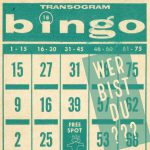
Getting to know each other-bingo can be used especially in larger groups, it brings the participants into conversation with each other, during the “analysis” trainers can make similarities and differences within the group visible.
Weiterlesen

Getting to know each other-bingo can be used especially in larger groups, it brings the participants into conversation with each other, during the “analysis” trainers can make similarities and differences within the group visible.
Weiterlesen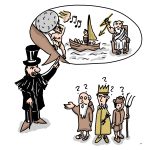
Storytelling wirkt! Kein Wunder, sind wir doch schon als Kinder mit Geschichten beruhigt eingeschlafen. Wenn wir uns heute an früher Erlebtes erinnern, spinnen wir automatisch unsere eigenen Geschichten. Storytelling bewegt nicht nur den Kopf, sondern auch das Herz, die Emotionen. Doch taugt Storytelling als Bildungsmethode mit kritischem Anspruch? Unsere These: Botschaften in spannende und mitreißende Geschichten zu verpacken, macht noch keine Bildungsmethode, die Kritikfähigkeit unterstützt. Geschichten bieten aber Ansatzpunkte für kritische Lernprozesse.
Weiterlesen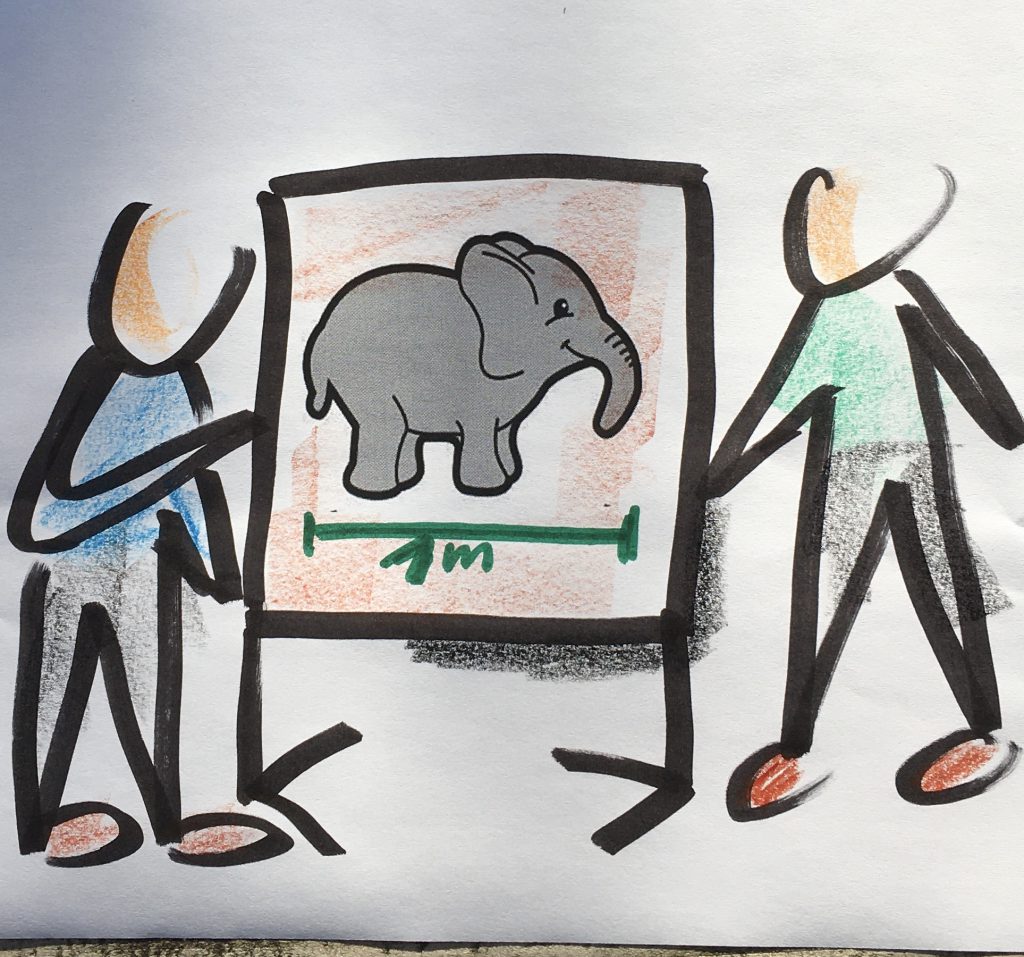
Präsenztrainings laufen wieder an. Jetzt sind Methoden gefragt, bei denen wir uns nicht zu nahe kommen und bei denen auch sonst das Infektionsrisiko minimiert wird. Da gibt es viel mehr als den Frontalvortrag. Methodenvielfalt und speziell die Aktivierung der Teilnehmer*innen sind auch in Pandemiezeiten angesagt! Hier unsere Erfahrungen nach Praxistests.
Weiterlesen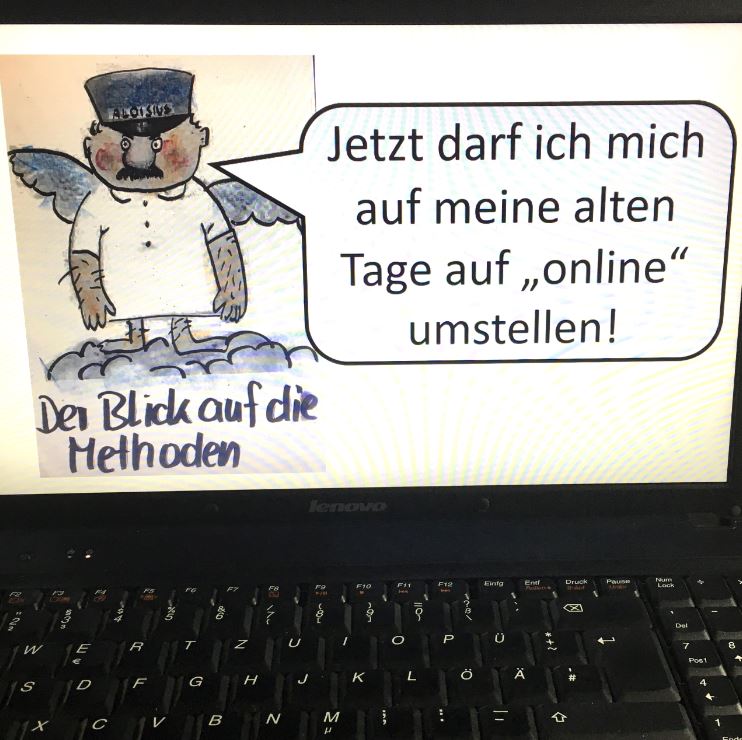
Corona zwingt mich, ein bestehendes ganztägiges Präsenztraining „Train-the-Trainer“ auf online umzustellen. Der Untertitel „Vom passiv Zuhören zum aktiv Mitmachen“ ist Programm – auch im Online-Format. Meine Erfahrungen dabei – als eingefleischter Seminarraum-Trainer – in Tagebuchform.
Weiterlesen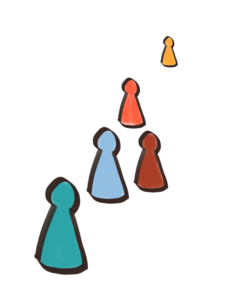
When dealing with racism, it is worth looking outside the box of discrimination and disadvantage, by looking at your own position and privilege.
Weiterlesen** Goal: detect competitive behaviour; differences between equal rights and equal opportunities, develop strategies to achieve own and collective goals ** Duration: 45 minutes ** Required material: paper for cards for fields, a big room, dice, chocolate
**Detailed instructions can be found here
Partly provocative anecdotes, statements and theses should stimulate thinking and discussion. In contrast to “Impulses for getting started”, in this exercise, the themes are more complex and leave the development and range of the discussion relatively open. This requires more background knowledge and a greater willingness to get involved with the topic, both for course instructors and participants.
Weiterlesen** Raising awareness of one’s own involvement in gender structures
** Participants reflect independently on gender roles and gender expectations